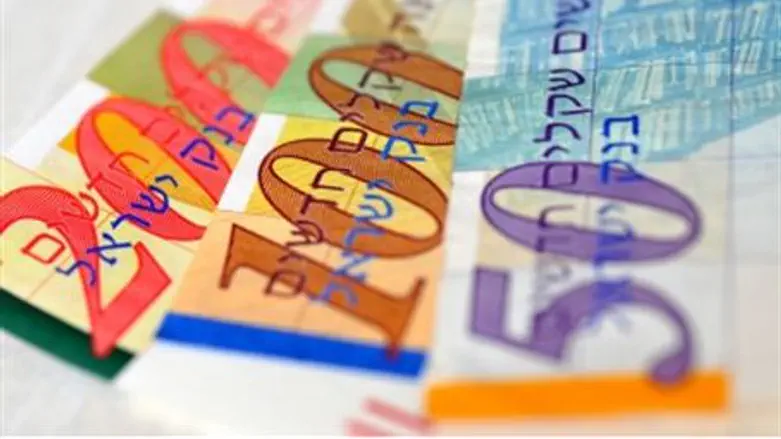
The Israel Electric Corporation (IEC) has petitioned the government for a cash infusion in the wake of financial distress caused by the disruption of natural gas supplies after the fouth attack on the Egyptian gas pipeline supplying Israel and Jordan, Globes reports.
The Public Utilities Authority (Electricity) has meanwhile warned that electricity rates will soon rise by up to 20%.
The rate hike comes during increased demands for electricity by Israeli consumers due to reliance on air conditioning in Israel's hot summers.
In a notice to the TASE, IEC justified turning to the government saying it must prepare for summer electricity production using a different and more expensive mix of fuels. An additional factor is a Ministry of Environmental Protection directive mandating priority be given to diesel over fuel oil. Diesel costs more than fuel oil, but burns cleaner.
"In view of the ongoing disruptions in gas deliveries from Egypt and the directive, the company will bear a significant additional expenditure of NIS 3-3.5 billion to buy alternative fuels. This amount exceeds the planned fuel procurement budget for this year. The amount is liable to change depending on changes in the quantities of gas deliveries from Egypt," the IEC statement read.
"The company currently expects financial difficulty in meeting the additional cost from its own resources, and has therefore asked the Public Utilities Authority (Electricity) to fully recognize the additional cost in electricity rates.
However, even if the Public Utilities Authority agrees to the company's request… this will not fully address the immediate cash flow problem expected, because the company will not immediately receive the additional income from the higher rates," it explained.
The terror attacks on the pipeline have targeted not only Isreel's energy supplies, but the contract for Egypt to supply gas to Israel as well.
Egyptian officials have stated their desire to renogotiate their contract with Israel retroactively with a hike in gas prices back to 2008, or to cancel it entirely, leading some observers to suggest Egyptian authorities are using poor security on the pipeline as a lever to achieve those aims.
Israeli officials met after previous attacks to discuss ways to accelerate key initiatives to protect Israel's gas supply and electricity production, but no time table has been provided to the public.
The interruption of gas from Egypt costs Israel an estimated $1.5 million per day.